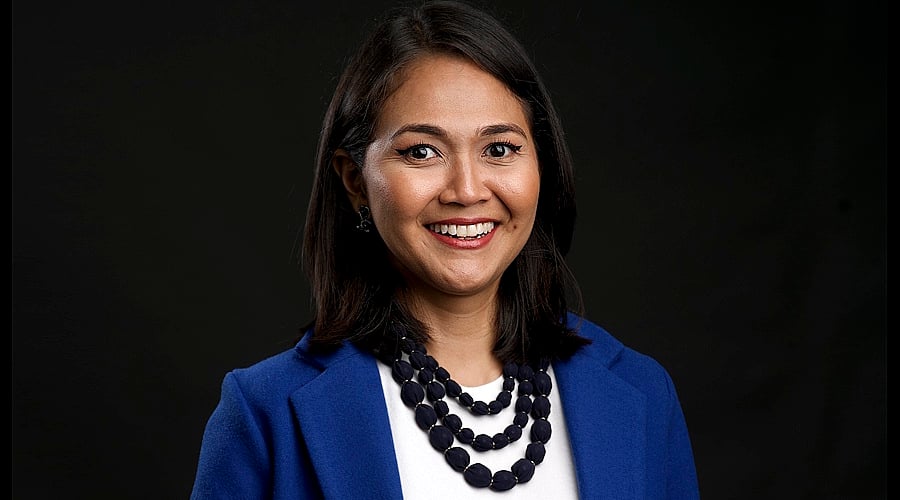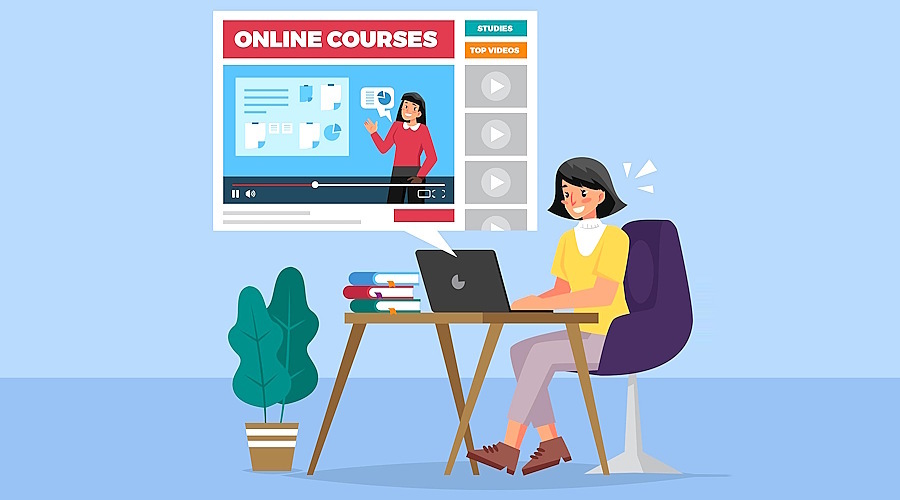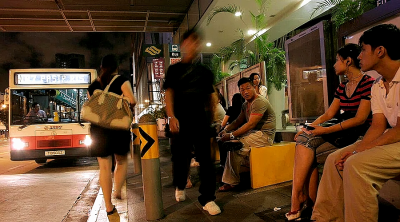
The landscape of higher education has undergone a profound transformation in recent years, with online distance learning (ODL) emerging as a cornerstone of modern educational delivery.
In Malaysia, this evolution has been particularly significant, not as a stop-gap, but as a strategic pathway to widen access without compromising quality.
As universities invest in digital ecosystems, from robust learning platforms to dedicated study support, the question is no longer whether ODL can deliver, but how we ensure the public recognizes its standards, integrity, and value.
Misconceptions persist particularly around the quality and credibility of online-based education.
As institutions continue to refine their digital offerings, it is essential to address these misunderstandings and highlight the rigorous standards that underpin quality, and situates Malaysian ODL within global aspirations for equitable and sustainable education.
Rigorous accreditation and quality assurance
Contrary to popular belief, online distance learning programs do undergo the same rigorous accreditation processes as their traditional counterparts, ensuring that content quality, delivery methods, assessment standards, learning resources and operational procedures adhere strictly to national educational standards.
In many cases, programs also meet international benchmarks, positioning Malaysian online education within the global academic community.
The accreditation process involves comprehensive evaluations by the Malaysian Qualifications Agency (MQA) and other relevant regulatory bodies.
These evaluations scrutinize every aspect of program delivery, from curriculum design to student support services, ensuring that online learners receive an educational experience that matches the quality and academic rigor of campus-based programs.
Accreditation approval is also not a one‑off event as programs are periodically reviewed, strengthened by internal quality audits, data‑driven improvements, and stakeholder feedback.
Expert-driven curriculum development
The development of online learning modules represents a collaborative effort involving multiple layers of expertise.
Module content undergoes meticulous review by both internal and external curriculum experts, ensuring academic relevance and pedagogical soundness.
Industry professionals also contribute their insights, ensuring that programs remain current with market demands while bridging the often-cited gap between academic learning and practical application.
This dual lens keeps curricula both academically robust and professionally relevant, enabling alignment with evolving sector needs across disciplines such as business administration, management, education, computing, and hospitality.
Consequently, learners gain competencies that matter in today’s workplace while remaining adaptable for tomorrow’s challenges.
Assessment integrity and academic standards
The most pervasive misconception about online education centers on assessment integrity—a concern that rigorous processes are designed to address.
Assessments are strategically developed across all modules to align with Malaysian Qualifications Framework (MQF) competencies.
This comprehensive framework ensures students cultivate not merely theoretical knowledge, but practical abilities, communication excellence, digital fluency, numeracy proficiency, and leadership acumen coupled with professional autonomy.
Quality online programs also deploy multi-layered marking and moderation protocols to ensure consistent and quality in marking and academic rigor.
High-stakes assessments employ sophisticated proctored examination systems with advanced monitoring technologies, while text-matching software scrutinizes all submissions for originality.
These integrated safeguards create an assessment ecosystem that maintains unwavering academic integrity while upholding the rigorous standards that define credible higher education.
Addressing educational accessibility and inclusion
Online distance learning represents a transformative force in democratizing education, dismantling barriers that have long excluded diverse communities from higher learning.
Working professionals gain opportunities to upskill without sacrificing career commitments, while the ageing population embraces lifelong learning and career reinvention, proving that intellectual growth has no age limit.
For the disabled community, often underserved by traditional models, online platforms offer accessible pathways supported by adaptive technologies that meet diverse needs.
Most notably, these programs realize the vision of borderless education, enabling international learners to earn world-class Malaysian qualifications without leaving home.
Supporting sustainable development goals
Online education aligns closely with the United Nations Sustainable Development Goal 4, which emphasizes quality education for all.
By removing barriers to access and providing flexible learning opportunities, online distance learning programs contribute significantly to this global objective.
Additionally, these programs promote environmental sustainability by operating as green campuses.
The reduced need for physical infrastructure, decreased commuting, and minimized paper usage contribute to a more environmentally sustainable educational model.
Professional learning design and content creation
The creation of online learning content represents a sophisticated ecosystem that extends far beyond simply uploading files or embedding videos.
Professional learning designers, trained in both pedagogical principles and digital technologies, collaborate with lecturers to craft engaging and interactive modules using multimedia elements, simulations, and adaptive learning pathways that cater to diverse learning styles.
These specialists transform traditional content into dynamic digital experiences that achieve specific learning outcomes while maintaining sustained engagement, ensuring that online content is pedagogically sound and educationally effective.
Comprehensive student support systems
Recognizing that online learning can feel isolating, some institutions go beyond standard services by establishing a dedicated ODL Study Support Team.
This team provides personalized assistance, monitors learning progress, offers academic guidance and technical support, ensuring students never feel left adrift.
In addition to conventional services such as the e-library, counselling, and career support, the ODL team delivers focused, proactive engagement to keep learners on track and confident.
Acting as a lifeline, they help students stay connected, motivated, and supported through regular virtual check-ins, peer communities, and one-on-one guidance.
This holistic approach ensures online learners receive the same care and attention as their on-campus peers, addressing the biggest concern in online education—the fear of learning alone.
Conclusion
The quality of Malaysia’s online distance learning programs reflects a commitment to educational excellence on par with traditional models.
As Malaysia strengthens its position as a regional education hub, the strength of its online offerings will be key in attracting both local and international learners.
By addressing misconceptions and showcasing genuine quality, Malaysia affirms that the future of education is digital—adaptable in delivery but steadfast in excellence.
The promise we make is straightforward: your pathway may be flexible, but your standards and your degree are uncompromised.

(Puteri Sofia Amirnuddin currently serves as the Acting Head of Innovation and Learning Experience at Taylor’s Digital, Taylor’s University where she leads transformative initiatives in the online learning experience for students enrolled in the online distance learning programs.)
ADVERTISEMENT
ADVERTISEMENT


































